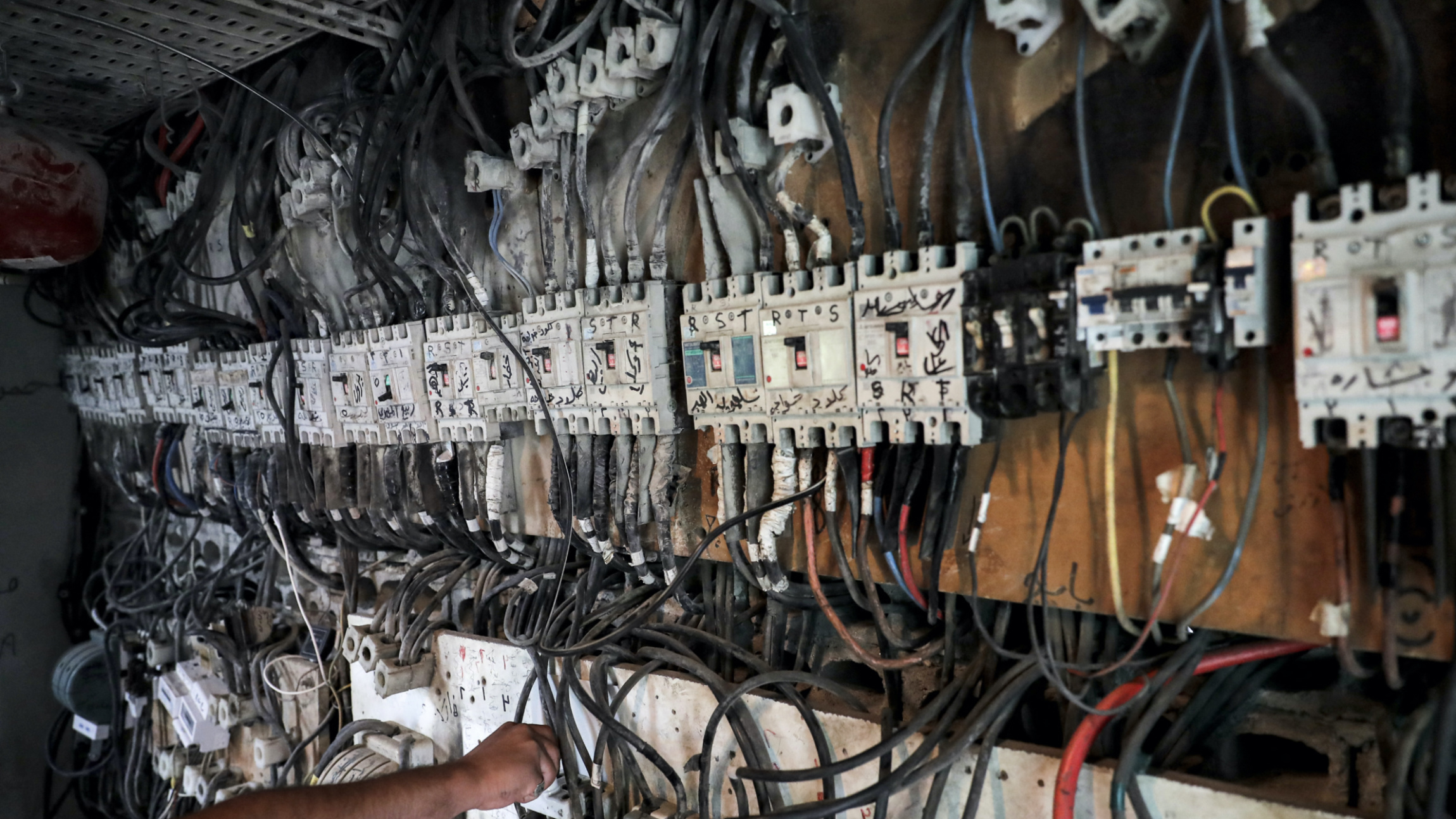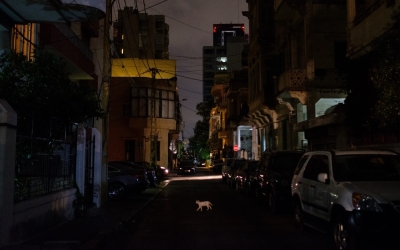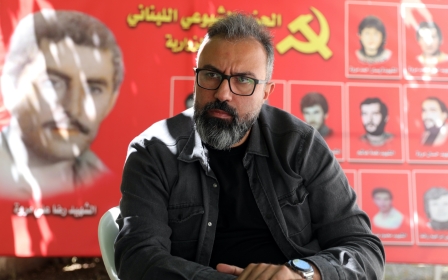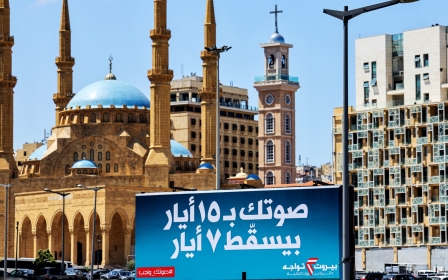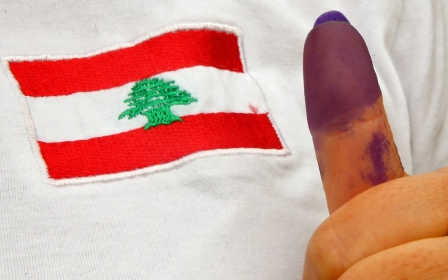Lebanon praying the lights don’t go out on election day
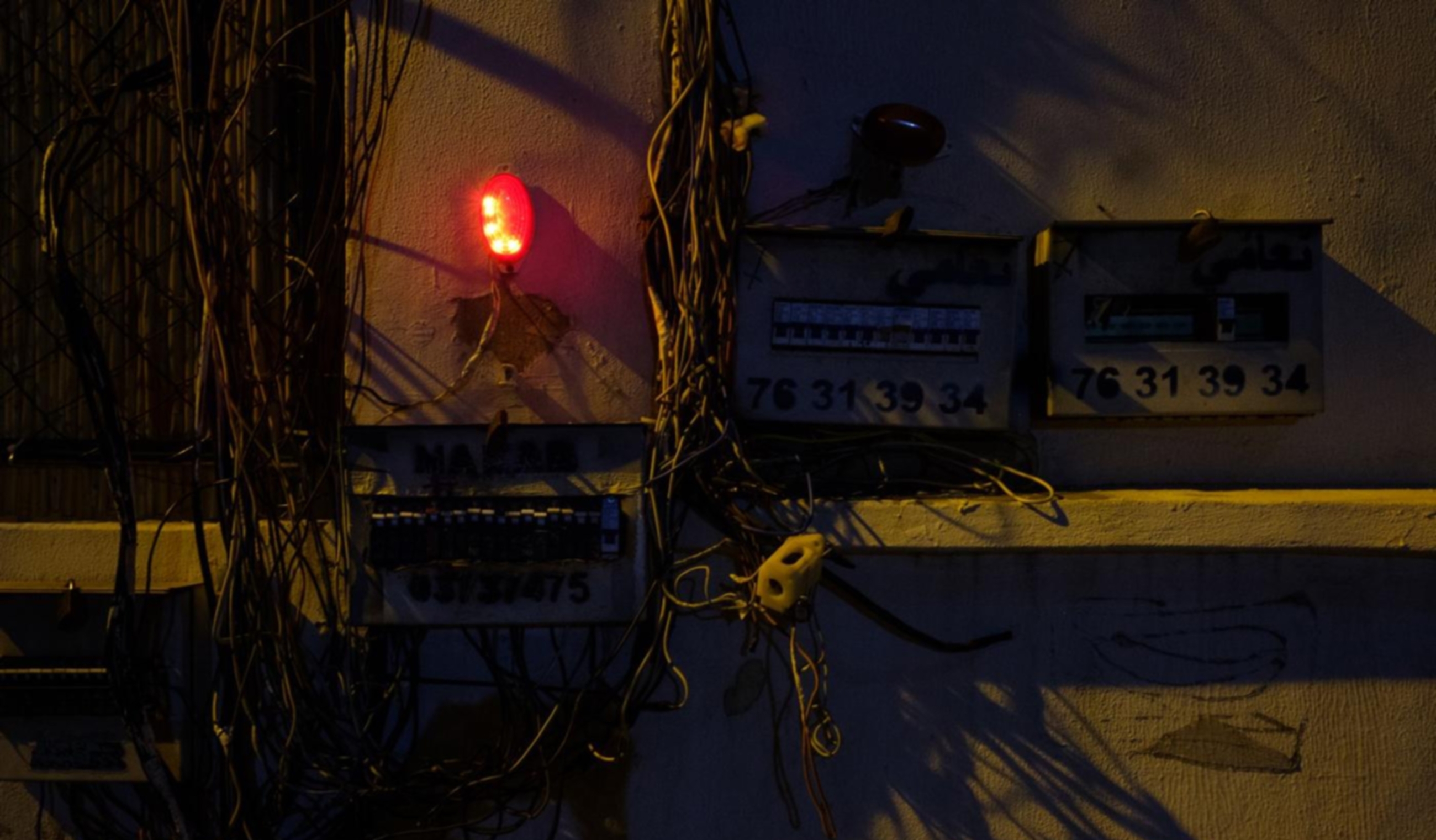
Lebanese officials, election monitors, and voters are all worried about the same thing: what happens if the lights go out on Sunday?
The spectre of Lebanon’s electricity crisis hangs over the first general elections since the economy collapsed. Fears of operational chaos and potential electoral fraud are being felt across the board.
'The most dangerous issue is that if the electricity cuts there is big potential for voter fraud, especially in counting centres'
- Cendrella Azar, Lade official
The situation has left the Lebanese Association for Democratic Elections (Lade) monitoring organisation - which in previous years has had to deal with bribery, ballot-stuffing, and intimidation at polling stations - wringing its hands about the integrity of the polls.
“There are a series of challenges we are expecting to face on Sunday, but the most dangerous issue is that if the electricity cuts there is big potential for voter fraud, especially in counting centres,” Lade official Cendrella Azar told Middle East Eye.
An endemic electricity crisis has plagued Lebanon since the end of the civil war in 1990. But the crisis has become much more severe over the past two years due to fuel shortages, corruption, long-overdue maintenance, and the lack of hard currency in state coffers, which the government needs to buy imported fuel.
New MEE newsletter: Jerusalem Dispatch
Sign up to get the latest insights and analysis on Israel-Palestine, alongside Turkey Unpacked and other MEE newsletters
Lade said it will distribute 10,000 mobile and fixed observers across Lebanon on Sunday, in addition to nighttime monitors who will be present at counting centres. Their work could be made far, far more difficult if power comes to a spluttering halt.
“The interior ministry has promised us that it has dealt with the situation, but it is still a major concern. The electricity issue could throw the whole operation in the wind,” Azar said.
Generator-run elections
Late in March, the chairman of state electricity provider Electricite du Liban (EDL), Kamal Hayek, informed the interior minister that EDL will not be able to provide power for at least one-third of the country’s polling stations.
The solution to the government’s woes has come through the nominally illegal private generator industry. Even though it's unsanctioned, the Lebanese state has for decades relied on the industry to make up for EDL’s shortcomings, and even tried to regulate it without successful results.
Yet in the past two years, Lebanon has descended into a terrifying economic collapse. EDL’s supply has grown increasingly thin and at one point was unable to supply power to the country at all.
Today, many regions go up to 23 hours a day without state-supplied power, forcing those Lebanese who can afford it to rely on increasingly expensive electricity from private suppliers.
A senior source in the fuel sector told MEE, on condition of anonymity for fear of repercussions, that generator owners will be providing most polling stations with electricity on Sunday with the government footing the diesel bill.
More than ever, private generators have been keeping the Lebanese state running, and the head of the Syndicate of Generator Owners, Abdo Saadeh, is even running as a candidate himself.
He declined to comment when MEE asked for details about the number of generators the government has enlisted to keep the elections running on Sunday, “to avoid any position against us”.
‘We live in Lebanon’
The interior ministry has offered all sides participating in the running of election day guarantees that electricity cuts will be under control on Sunday.
However, most people hesitate to take the government’s word for it, especially the underpaid public school teachers who form the bulk of supervisors that traditionally man polling stations.
“We are nervous about electricity and the internet," Moulouk Mehrez, director of the secondary education association, told MEE.
"The ministry did a logistical inspection of polling stations across Lebanon and have given the green light that the centres are ready.
“But, to be honest, we live in Lebanon - and that should tell you enough. Our infrastructure is worn out. Even with their guarantees, we stay worried because electricity cuts are like a fact of life here.”
The majority of polling stations are schools. According to Mehrez, who will head one in the northern district of Akkar, the interior ministry was keen to identify schools that had their own private power supply when assessing those suitable to be polling stations.
“Part of the operation at polling stations is carried out electronically, and our phones need to be functioning at all times because we need to be in constant contact with the ministry,” she said.
Like electricity, internet access in Lebanon has always been patchy. But Imad Kreidieh, the chairman of Ogero, the public operator in charge of telecoms in Lebanon, said he is confident that the network will be fully operational on Sunday, provided that the electricity is feeding it.
“We have been running tests for the past 10 days, and we are prepared on our end to face any emergency, so there shouldn’t be any problems - unless we have an electricity problem,” Kreidieh said.
 An insane amount of fuel
An insane amount of fuel
The electricity and fuel crises have also not made it easy for electoral campaigns to run their operations effectively.
“The continuing disruption of the electricity supply and the internet service has made things very difficult and expensive,” said Carole Zouein, political advisor to Fouad Makhzoumi, a Beirut MP running for re-election.
Zouein said the cost of their operation has been higher than in past elections, mainly due to the cost of the diesel needed to ensure generator-supplied power throughout the day.
“This election round is definitely more difficult and challenging logistically, considering the financial collapse,” she said, adding that transportation and communication are particularly badly hit.
“Reaching [constituents] via the internet and on television has also been more difficult due to the frequent lack of electricity and internet for most people.”
'An insane amount of fuel was ordered...All political forces provided its voters with fuel to drive out and vote'
- Senior fuel sector official
Despite the need to keep the whole country running on Sunday, the senior fuel sector official said there hadn’t been a significant increase in demand for diesel to run generators.
Instead, he said, another commodity has been highly sought after: petrol for vehicles.
Petrol supplies have been another essential commodity hit hard by the economic crash, with long lines outside petrol stations now a common sight in Lebanon.
Local media has widely reported that parties and officials are offering Lebanese the much-coveted petrol in an attempt to win their vote.
“An insane amount of fuel was ordered. Every governorate ordered one million litres of fuel. This increase in demand has turned fuel into a black market,” the source said.
“All political forces provided its voters with fuel to drive out and vote. From Beirut to the north, to Bekaa, to the south, and back. All fuel companies are sold out.”
Middle East Eye delivers independent and unrivalled coverage and analysis of the Middle East, North Africa and beyond. To learn more about republishing this content and the associated fees, please fill out this form. More about MEE can be found here.


